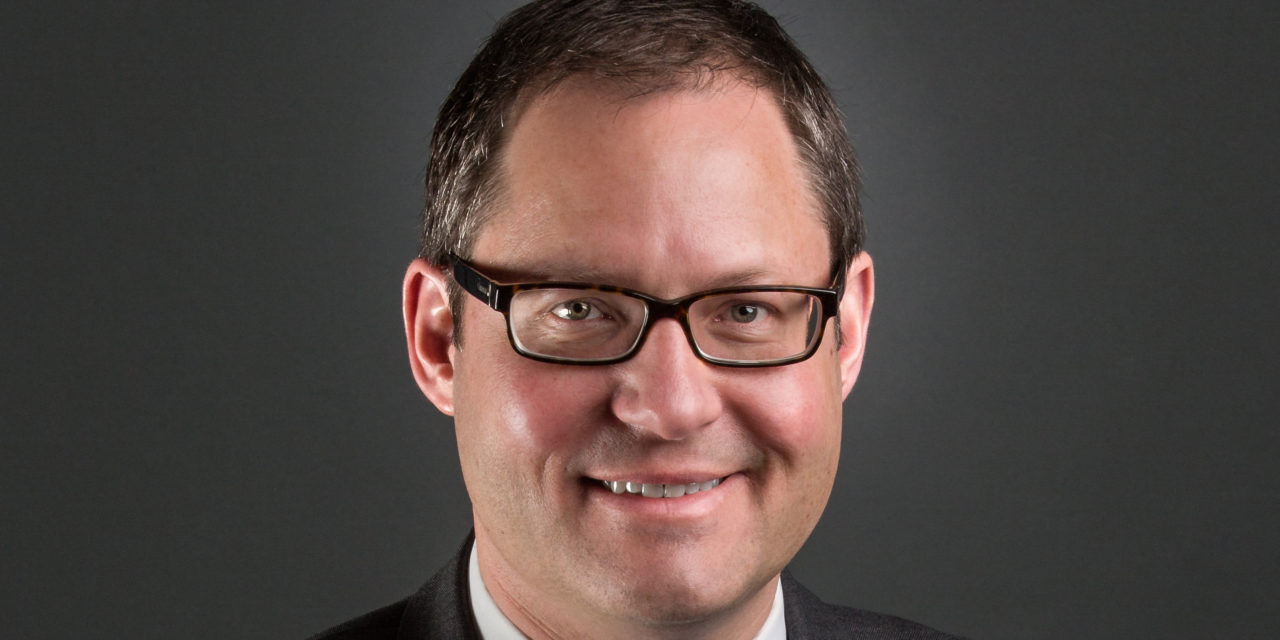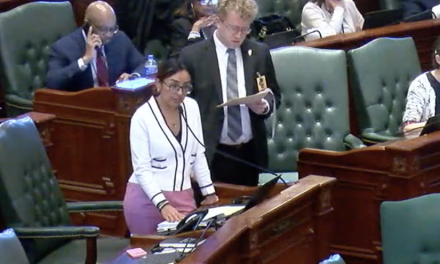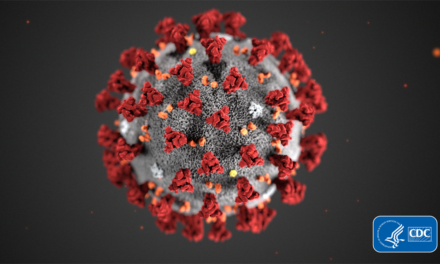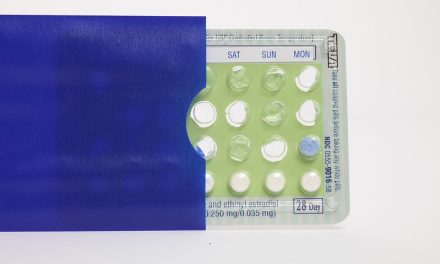
IHA CEO Wilhelmi talks COVID-19 capacity, financial impact for hospitals

As officials express optimism that COVID-19 cases in Illinois may be close to peaking, hospital capacity and ventilator availability is holding up across the state, Illinois Health and Hospital Association CEO A.J. Wilhelmi said Thursday afternoon.
He cautioned that the crisis is not near its end and that the situation can change quickly.
“But there is some good news, and it is important to share that,” Wilhelmi said.
In a wide-ranging interview, Wilhelmi also said that hospitals are losing an estimated $1.4 billion a month in revenue from canceled procedures and other steps they’ve taken to prepare for the pandemic. And he provided an update on negotiations over the hospital assessment program.
Edited excerpts are below.
HNI: What’s the latest on hospital capacity and ventilator availability in the state?
AW: As of (Wednesday) there is adequate capacity throughout most of the hospital system. (The Illinois Department of Public Health) notes that some areas are more stressed than others. But overall, we’re seeing adequate capacity in the system today. And in the area of some additional good news, and of course all good news comes with the caveat that it’s good news for now with the ability to change quickly, but capacity in both ICU beds and ventilators appears to be holding both in (Chicago) and statewide. And then with respect to the city of Chicago, ICU bed capacity has been running consistently around 75 percent for the past week, with about half of those ICU beds occupied by COVID-19 patients. Ventilator utilization is at 50 percent in the city and has not moved noticeably from that level over the past week, and half of the ventilators in use are related to COVID-19 patients. And then in (Emergency Medical Services) regions one through 10, or the state beyond the city of Chicago, we are seeing stable trends. We’re not seeing dramatic increases in COVID-19 patients in the ICU and we’re not seeing big increases in COVID-19 patients on ventilators. There’s still significant ICU and ventilator capacity on the whole in regions one through 10. So clearly, the collective efforts of Illinoisans appear to be working, and we continue to stress the importance of people staying home except for our heroic healthcare workers who come to the hospital to do their job valiantly every day.
HNI: Hospitals have taken a number of steps to prepare for the new coronavirus crisis, including canceling elective procedures. What is the financial impact of these measures?
AW: Hospitals have been postponing elective surgeries and procedures and have seen a dramatic decline in various services. At the same time hospitals and health systems are incurring substantial costs and ramping up and implementing their COVID-19 preparations and plans. So as we talk with our members, and this can vary from hospital to hospital and system to system, we are hearing that inpatient revenues are down in the range of 30 to 35 percent and outpatient revenues are down in the range of 50 to 70 percent. And based on our rough estimate, the lost revenue could be about $1.4 billion a month for Illinois hospitals and health systems. And depending on how long the pandemic lasts in Illinois, our rough estimates show that Illinois hospitals and health systems could see lost revenues in the range of $4 billion over a three-month period, and almost $9 billion over a six-month period. So hospitals are facing this double-whammy of lost revenues and increased costs from the COVID-19 crisis. We’re asking our congressional delegation for federal help, including the more than $100 billion for hospitals in the COVID-19 package that was passed a couple of weeks ago. And we’re certainly asking for their continued support in the next COVID-19 relief package that Congress is working on now. I should note too that we’ve also been working with the Governor’s Office of Management and Budget, Comptroller Susana Mendoza and Treasurer Michael Frerichs on ways the state can accelerate payments for hospitals. We’ve also been in discussions with (Department of Healthcare and Family Services) Director Theresa Eagleson and her team on ways to leverage the state’s higher federal Medicaid matching rate, which has been increased by 6.2 percent. Last week, Comptroller Mendoza sent $200 million out to hospitals, which we greatly appreciate. And of course, we’re going to be seeking help from the Illinois General Assembly when they return to Springfield for assistance to address the COVID-19 pandemic.
HNI: State and federal officials are working on setting up field hospitals across the state, including at McCormick Place in Chicago. What role are the state’s hospitals playing in setting up these alternate care facilities?
AW: IHA and our hospitals have been working very closely with state and Chicago officials on coordinating the establishment of these alternate care facilities around the state with the goal of decompressing hospitals so they have the capacity to treat acutely ill COVID-19 patients. So those facilities include McCormick Place, MetroSouth, Westlake, the former Sherman Hospital in Elgin and Vibra in Springfield, as has been reported. These alternate care facilities will add approximately 1,000 beds to the system. But the general idea is that these alternate care facilities will not be used until the current system is saturated. So overall, this is an important component of the response to the pandemic. People with lower and moderate acuity who don’t need to be hospitalized but aren’t ready to go back home would be cared for at these alternate care facilities if needed. And that will help ensure hospitals have the capacity to care for the more seriously ill COVID-19 patients. So this is an important piece of the response effort and IHA and our hospitals are working very closely with state and city officials on McCormick Place, in particular, and the other alternate care sites as well.
HNI: How do you ensure these temporary facilities do not shift the necessary resources and workforce from existing hospitals?
AW: Staffing is a top concern. There was an issue raised early on in the process about staffing and ensuring that our hospitals have the staff that they need to address those critically and seriously ill patients suffering from COVID-19. That message was well-received by our government partners, and now they’re looking at alternate sources for staffing. And when we look at the staffing piece, in particular, we know that our government partners are looking at retired healthcare workers, they’re looking at bringing in healthcare workers from out of state, they’re looking at current providers that have capacity because electives are way down. They’re looking at medical schools and nursing schools, and really all opportunities to have the staffing component that will be critically important in responding to the COVID-19 pandemic. And this ties back into some of the regulatory flexibilities that have been put in place, including flexibility around licensure, so that we can fully mobilize all healthcare workers here in the state, those that are retired and wanting to come back and join the fight and out-of-state healthcare workers as well.
HNI: IHA has called on the Pritzker administration to issue further guidance on a crisis standard of care in case healthcare resources become scarce such as in Italy. Can you expound on that and what you believe the governor should do?
AW: We think it’s very important to have clear and uniform statewide guidance on critically important decisions that we hope can be avoided, but may need to be made with respect to scarce resources and how to allocate those resources in the moment. So we’ve been working closely with the governor’s office. We appreciate his leadership and really the tremendous effort from the governor’s office and all the state agencies that we’ve been interacting with and working with on this very important issue. So we hope to see some uniform guidance coming from the governor’s office in the coming days. We know that providers on the front line would like to have the clearest direction possible on how best to make these decisions relative to the scarcity of resources. So again, we hope this very difficult issue will not present itself in the state of Illinois, but we also recognize that it’s happened elsewhere and we want to be prepared for that here in Illinois. This guidance from the state would be very helpful and very important as we move forward.
HNI: Gov. Pritzker has issued a number of executive orders and applied for Medicaid waivers to help providers and the state respond to the pandemic. Are there other steps that the governor can take to help providers?
AW: First of all, we do appreciate what the governor has put in place to date with respect to the waivers and other areas to allow for flexibility, so that I want to say at the outset. Going forward, we know that there are opportunities for us to continue working together, the IHA and the hospital community with the governor and his administration, to identify all opportunities possible to best respond to the COVID-19 pandemic. So we look to regulatory opportunities in the area of licensure. There might be additional opportunities to appropriately rescind regulation to fully maximize workforce opportunities. We also know that there would be opportunities as well to look at how insurers and payers can help in this collective response to the pandemic. We also recognize that there’s going to be new issues that present themselves. We want to be on top of those as they occur and certainly anticipate as many of those as we can.
HNI: Chicago Mayor Lori Lightfoot issued an order this week mandating healthcare providers gather data on race and ethnicity of COVID-19 patients. What are your thoughts on this requirement and how will it affect hospitals as they collect data?
AW: Data collection relative to the COVID-19 pandemic is very important. We know that data will help us to best respond in the most efficient and effective manner possible. We also are seeing data relative to some of the disparities in terms of death rates and various populations mostly affected. We are having a very important conversation with our board of trustees generally around health disparities and health inequities, and in particular with respect to the COVID-19 pandemic. We applaud, again, the governor and the mayor for raising up the issue that we have to work together and address these disparities and these inequities in certain parts of the city and state so that we can ensure we make real progress in this area. IHA is committed to that. Our hospital leadership and board of trustees are committed to that. And to the extent that the data reveals where there’s a great need for a concentrated effort, and I think this is one of those areas the data is important, we will be looking at it closely and figuring out the appropriate and best next steps to address that particular issue.
HNI: Before the pandemic took hold in Illinois, hospitals were in discussions over a federally required update to the hospital assessment program. What is the latest on this and are you still under a deadline to have something done by the end of June?
AW: Under state law, there is a provision that will sunset the existing assessment program on June 30. And so we have been working diligently with Director Eagleson, other stakeholders and certainly the Medicaid legislative workgroup on the next phase of the assessment program and related issues. And while we’re all focused, as we should be, on our COVID-19 response, we have continued to have very important discussions with our hospitals, with the director, with the Medicaid legislative workgroup, so that we can be in a position to have this next phase of the assessment go into effect on July 1. We are looking forward to having this issue resolved in the very near future. We’re having a call with our membership tonight… We’re going to be walking through a program for this next phase of the assessment. We brought this to our board a couple of days ago. We’ve had some really important discussions with the workgroup. And so I think we’re getting close to having this issue finalized, and that is essential to preserve $3.8 billion in Medicaid funding that will ensure access to care and services for Medicaid beneficiaries.









